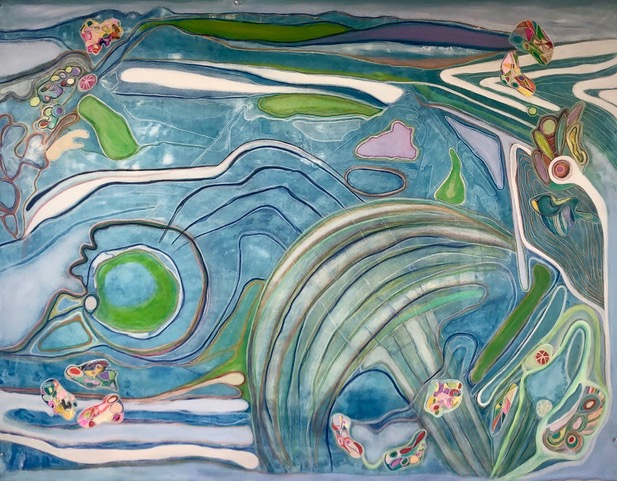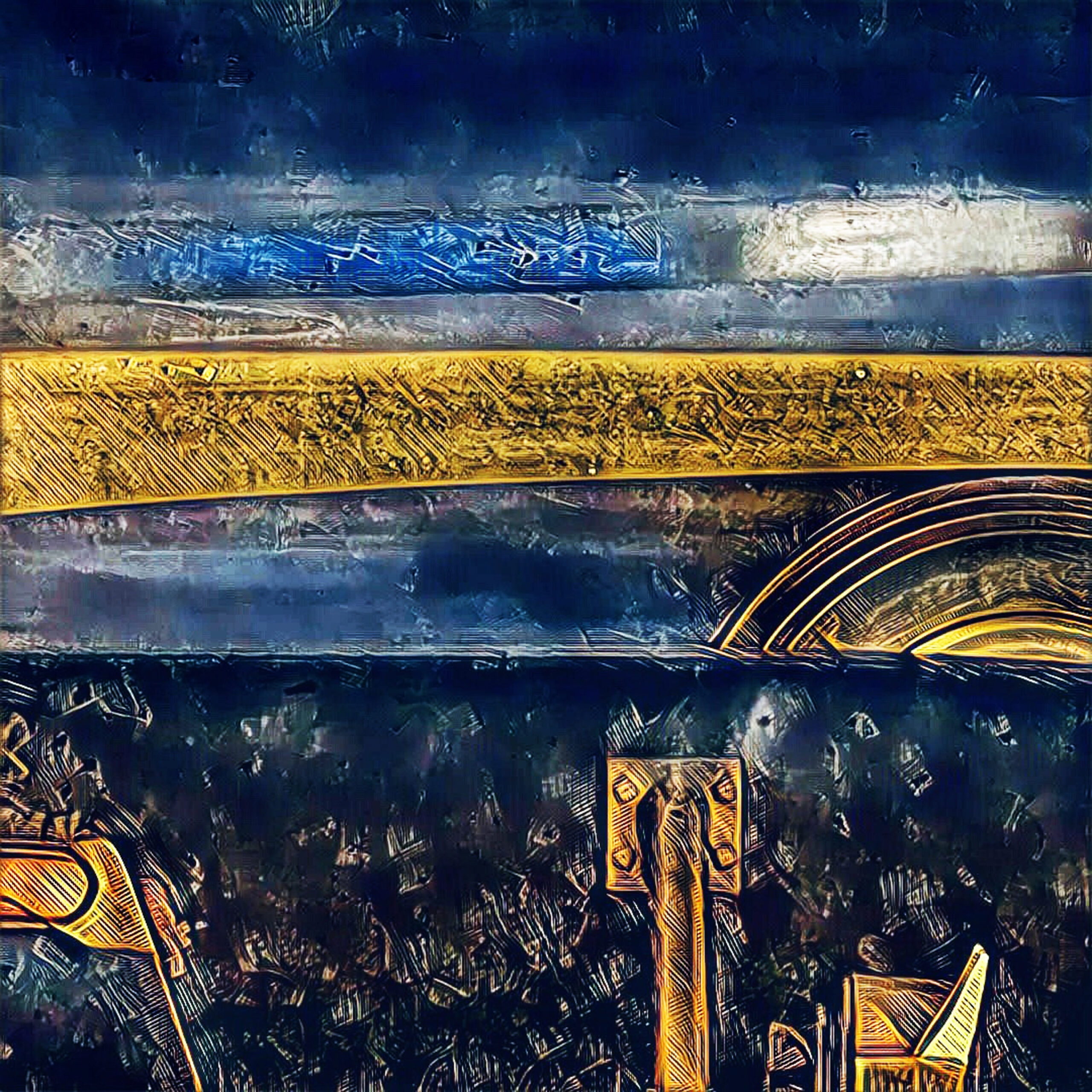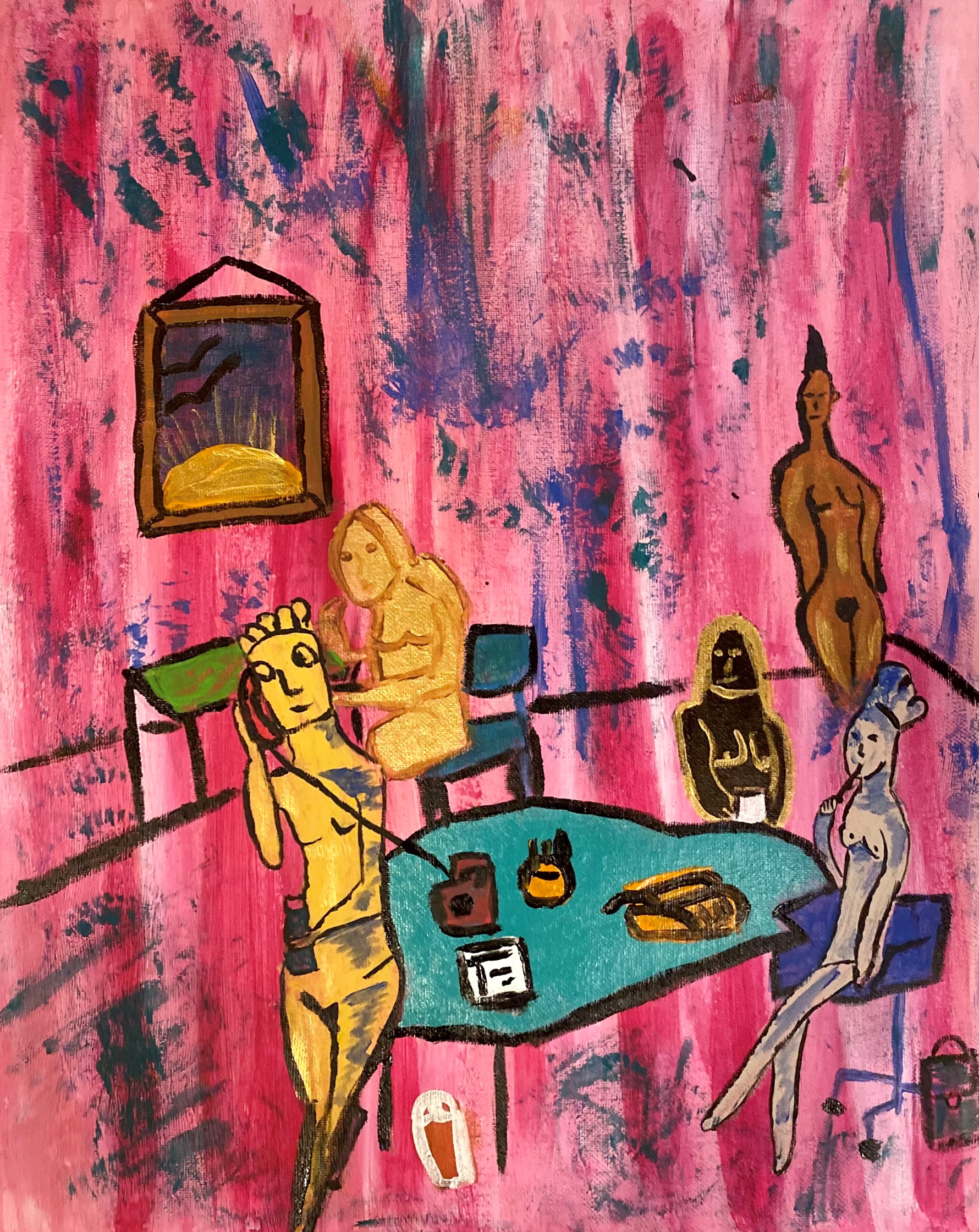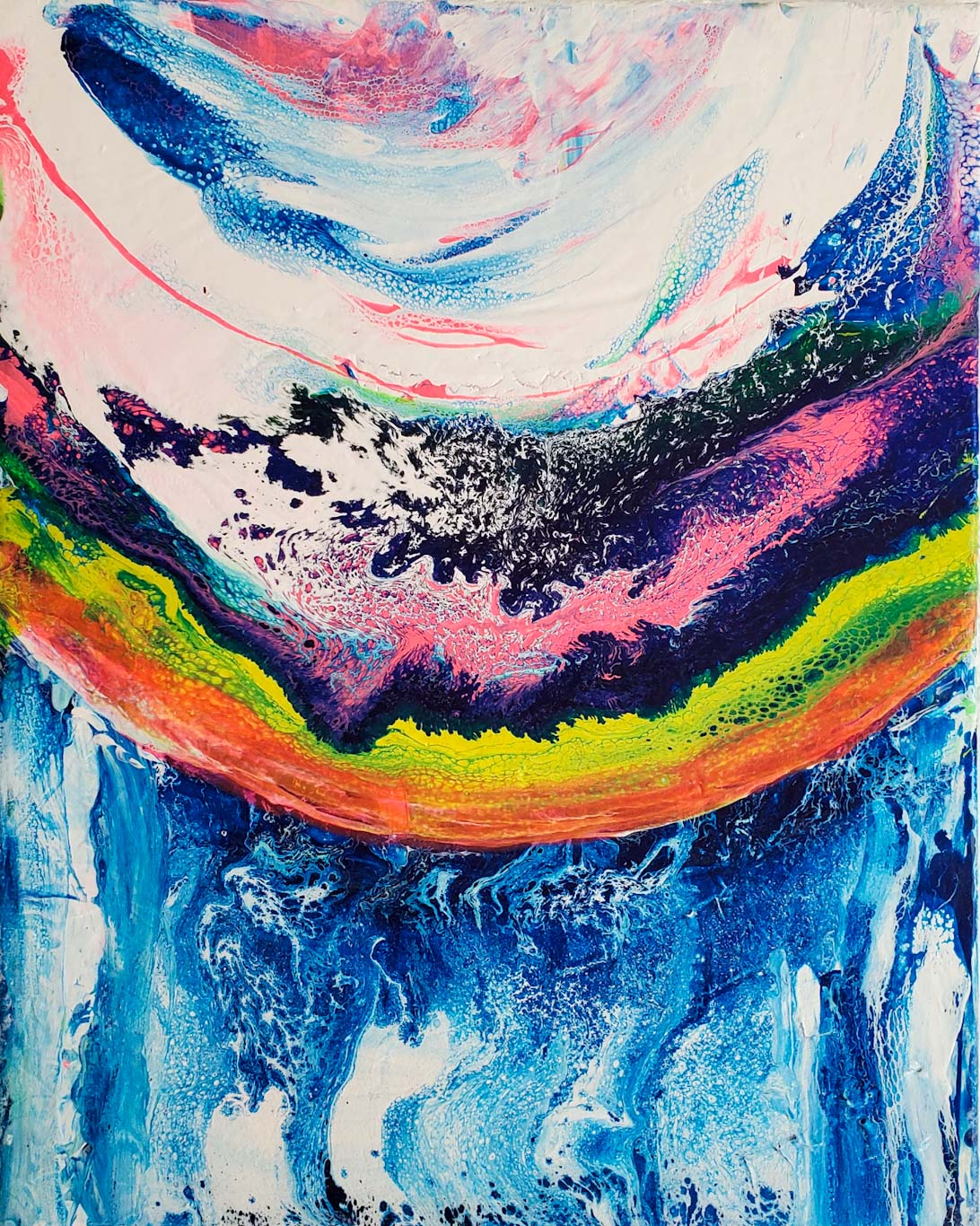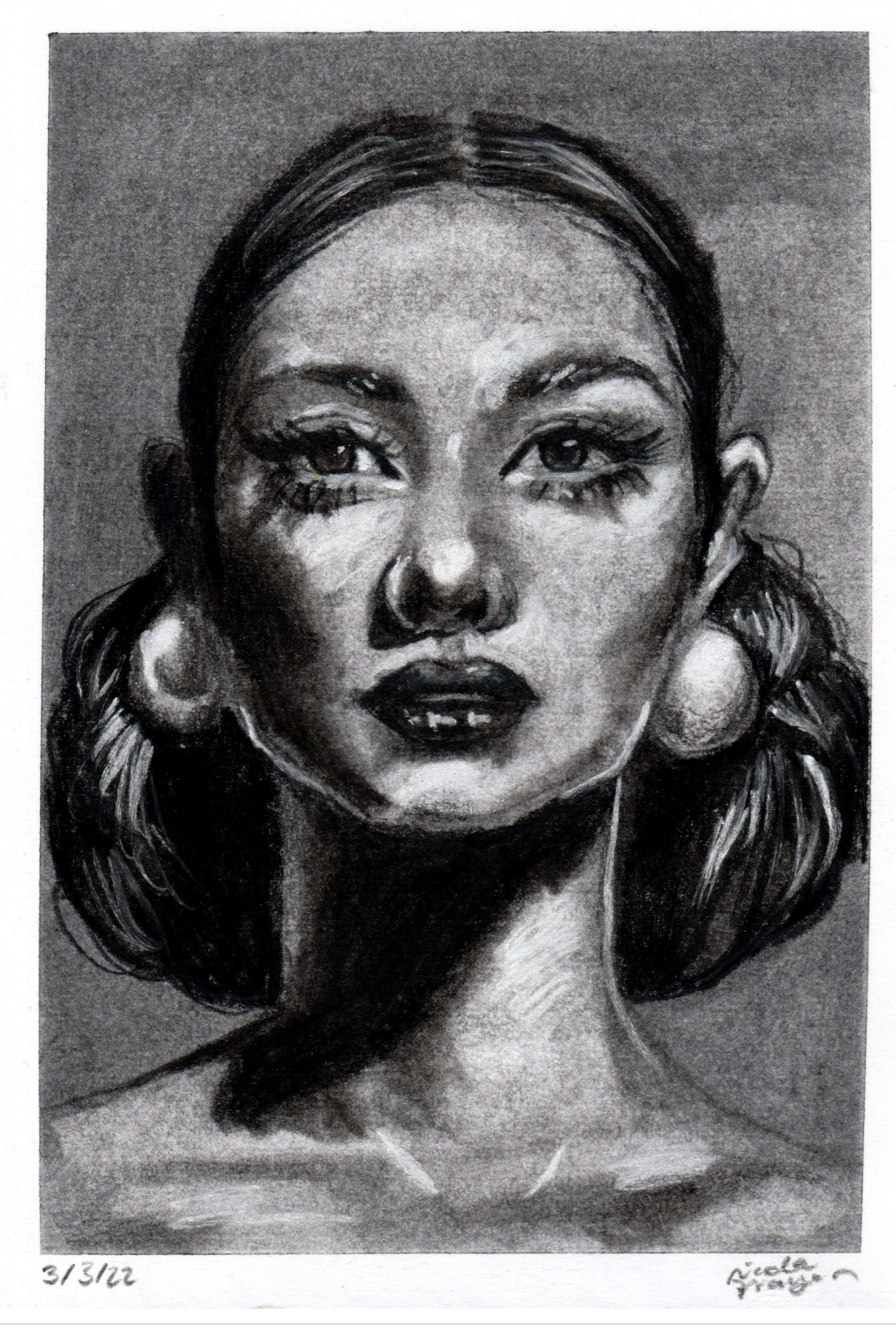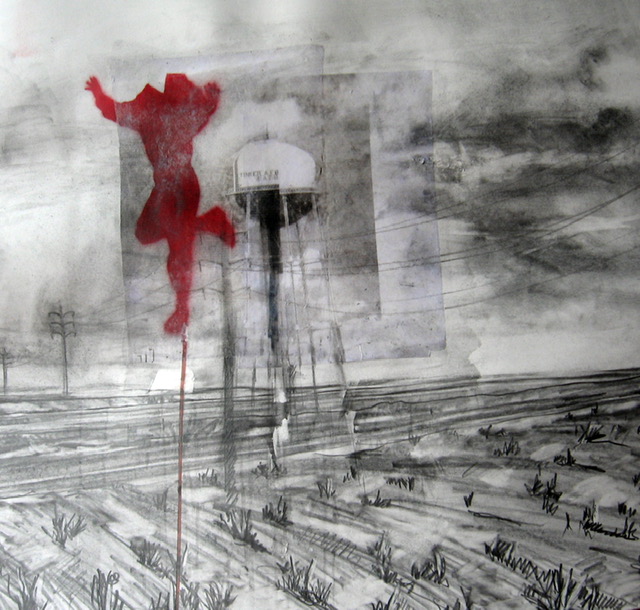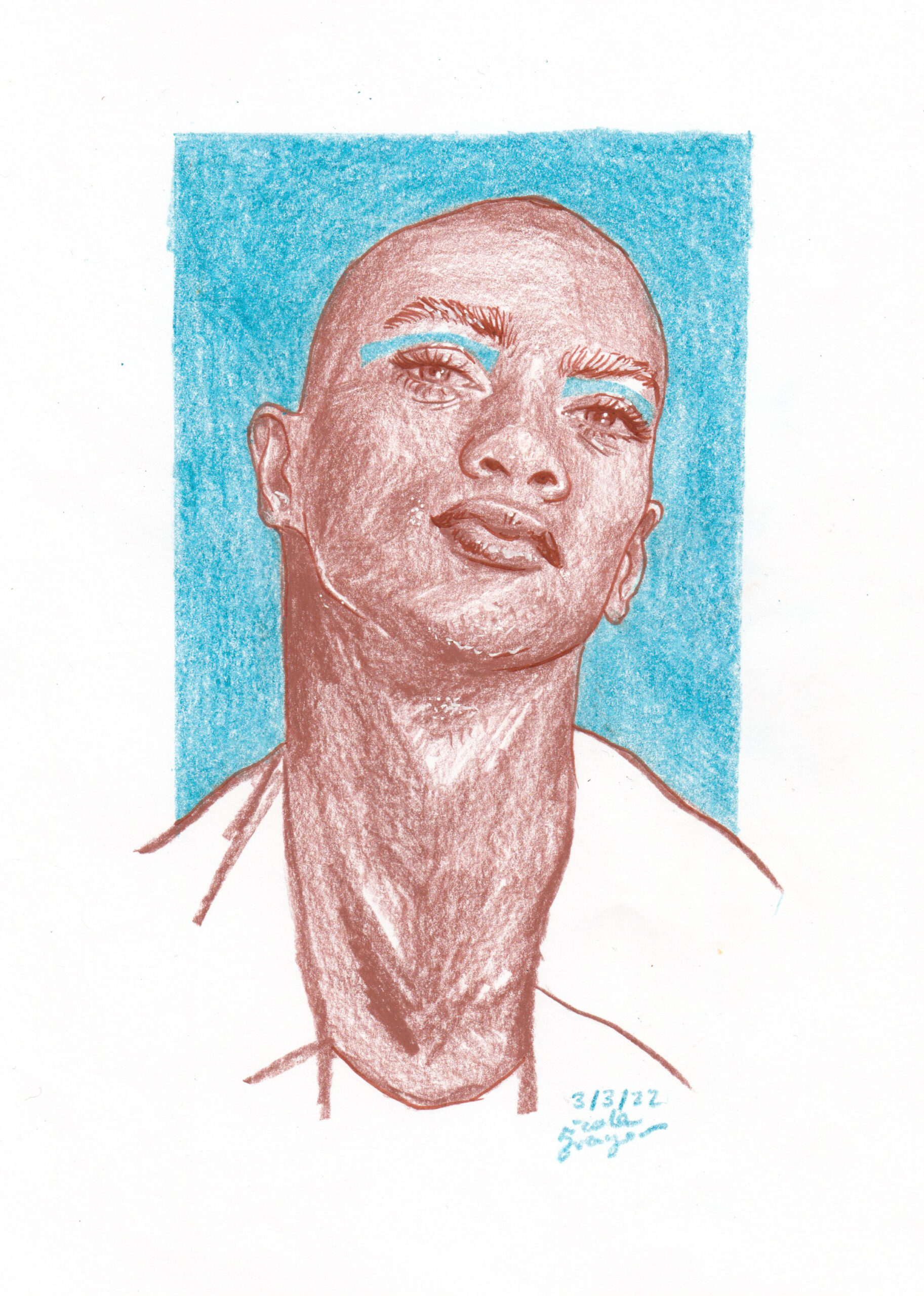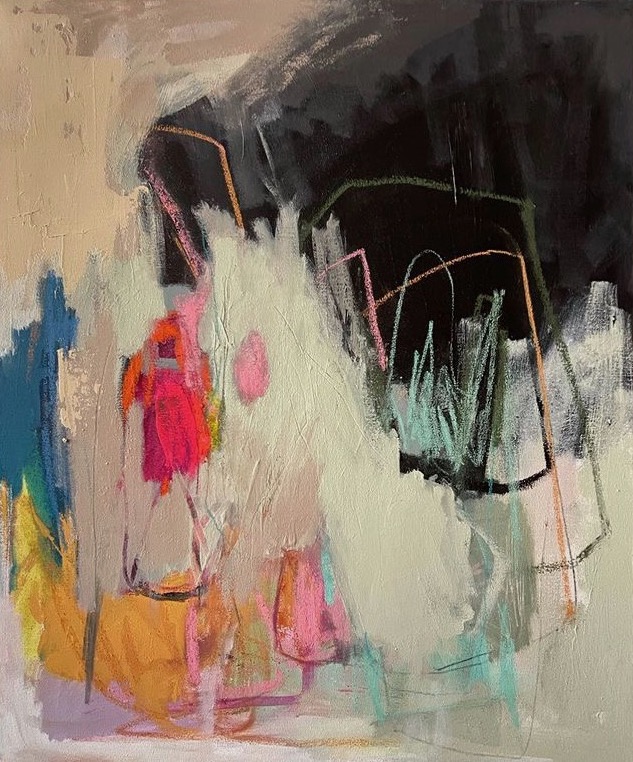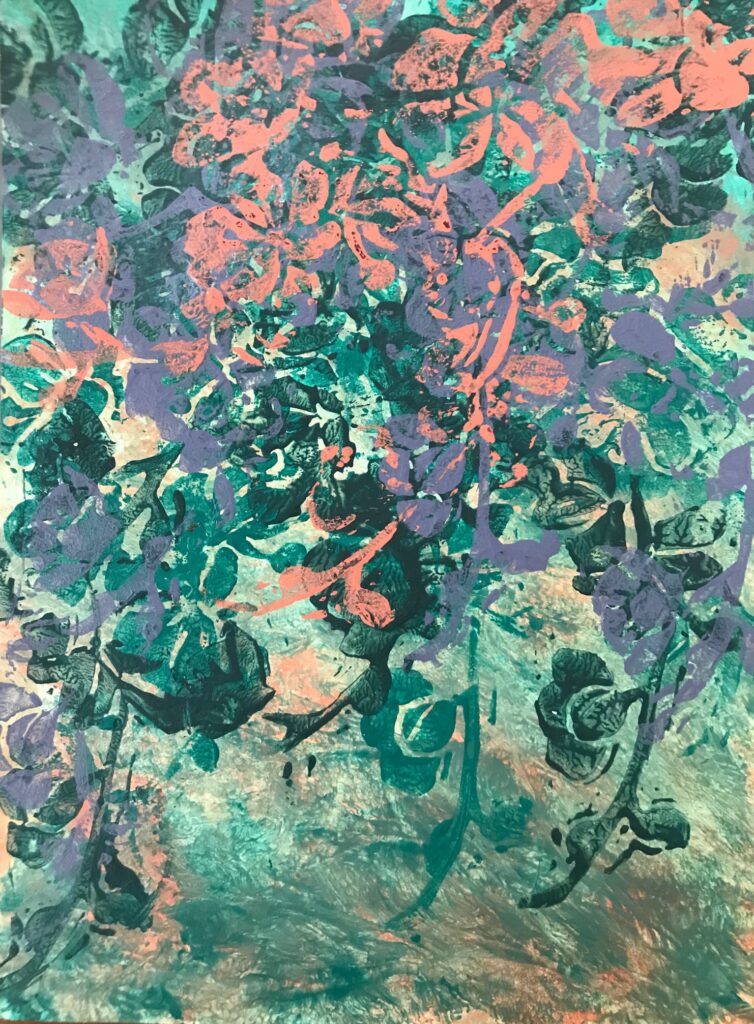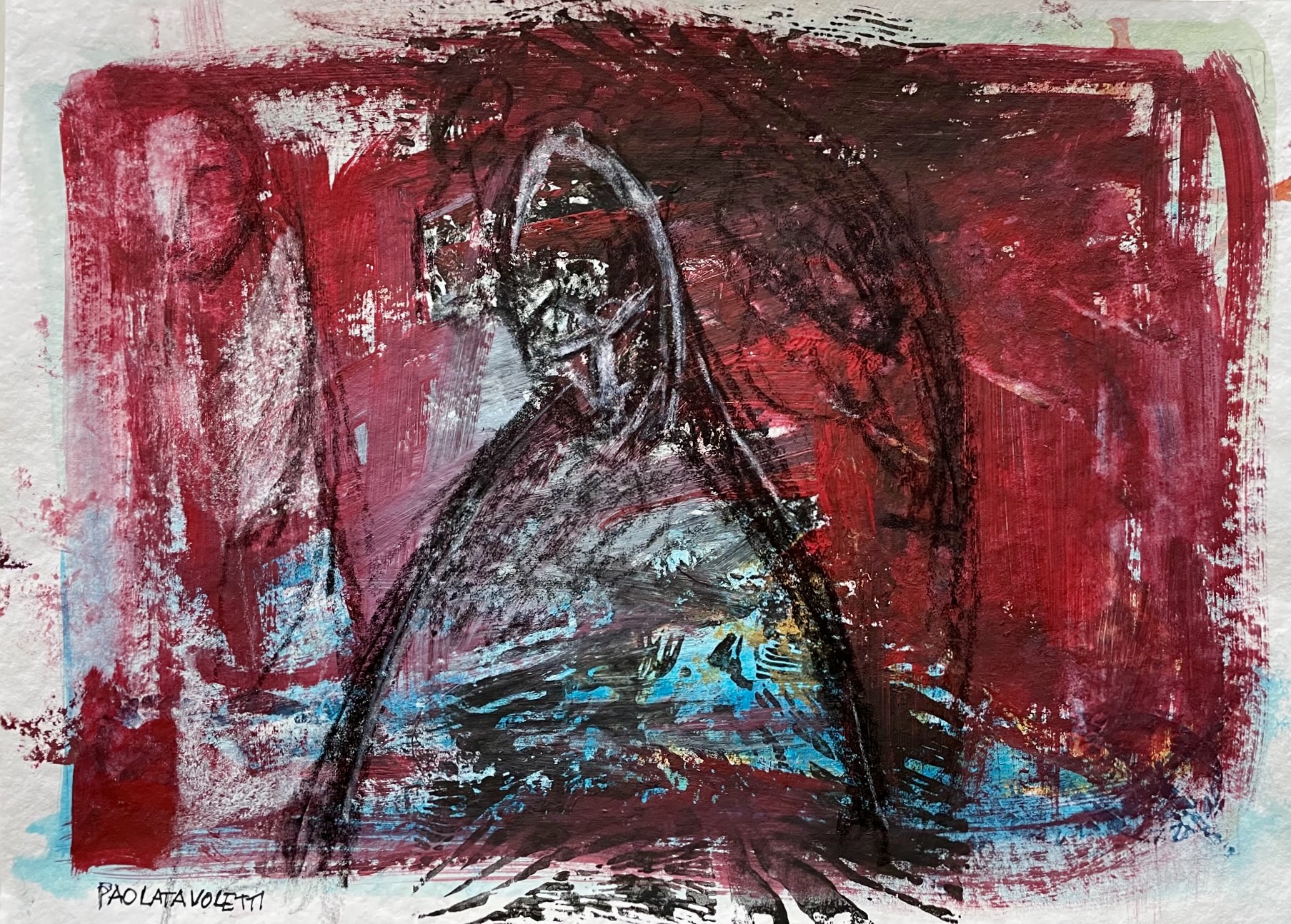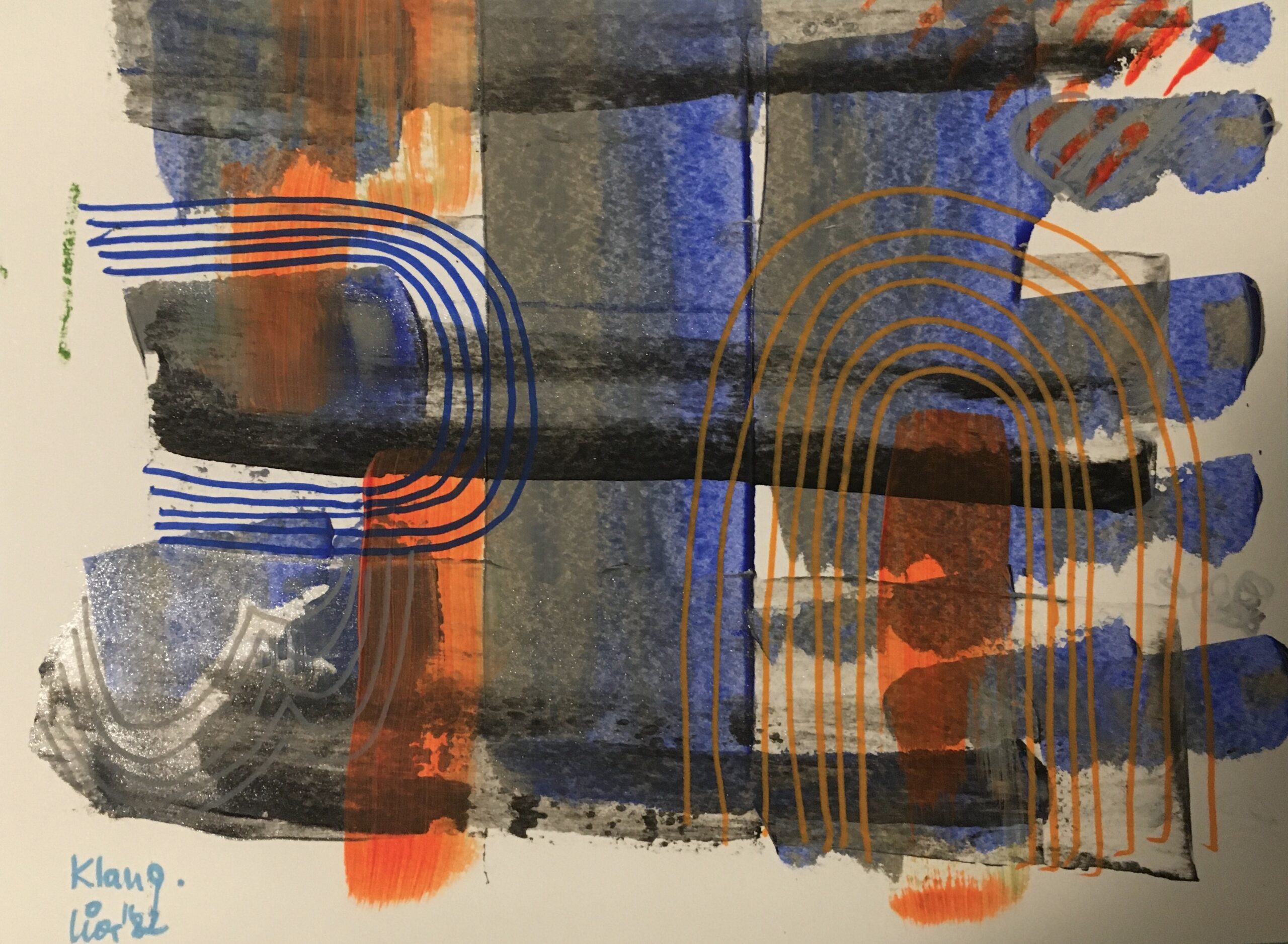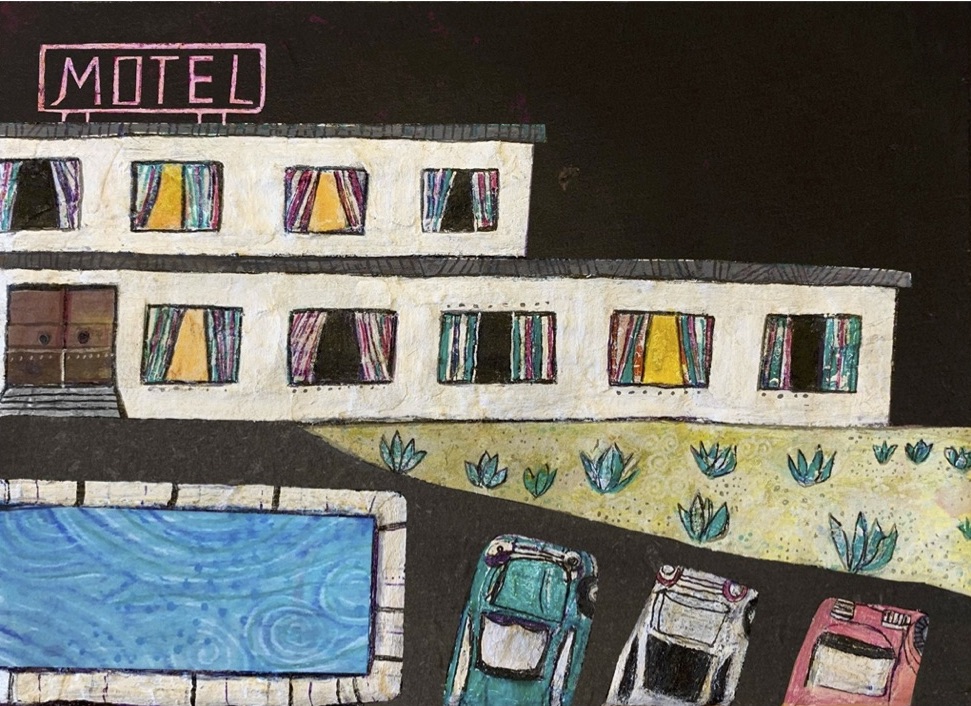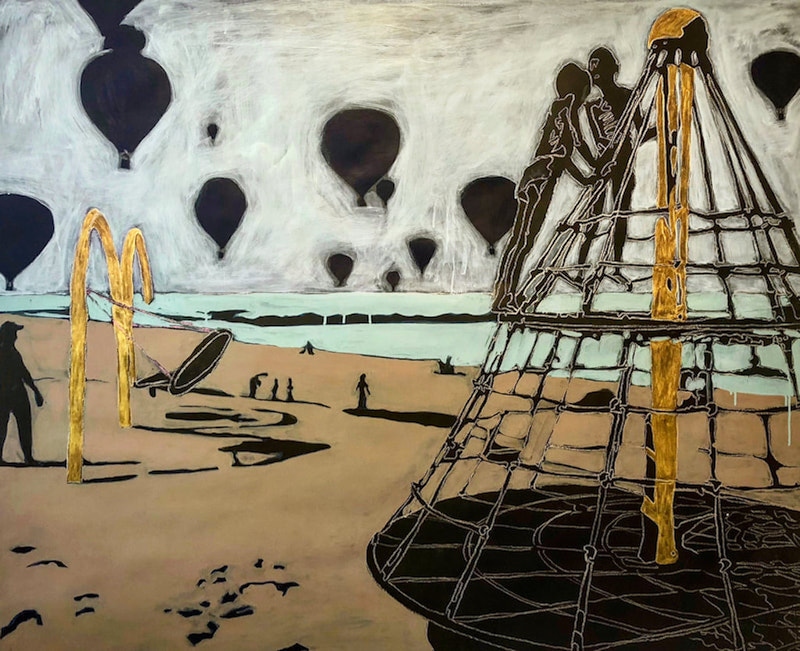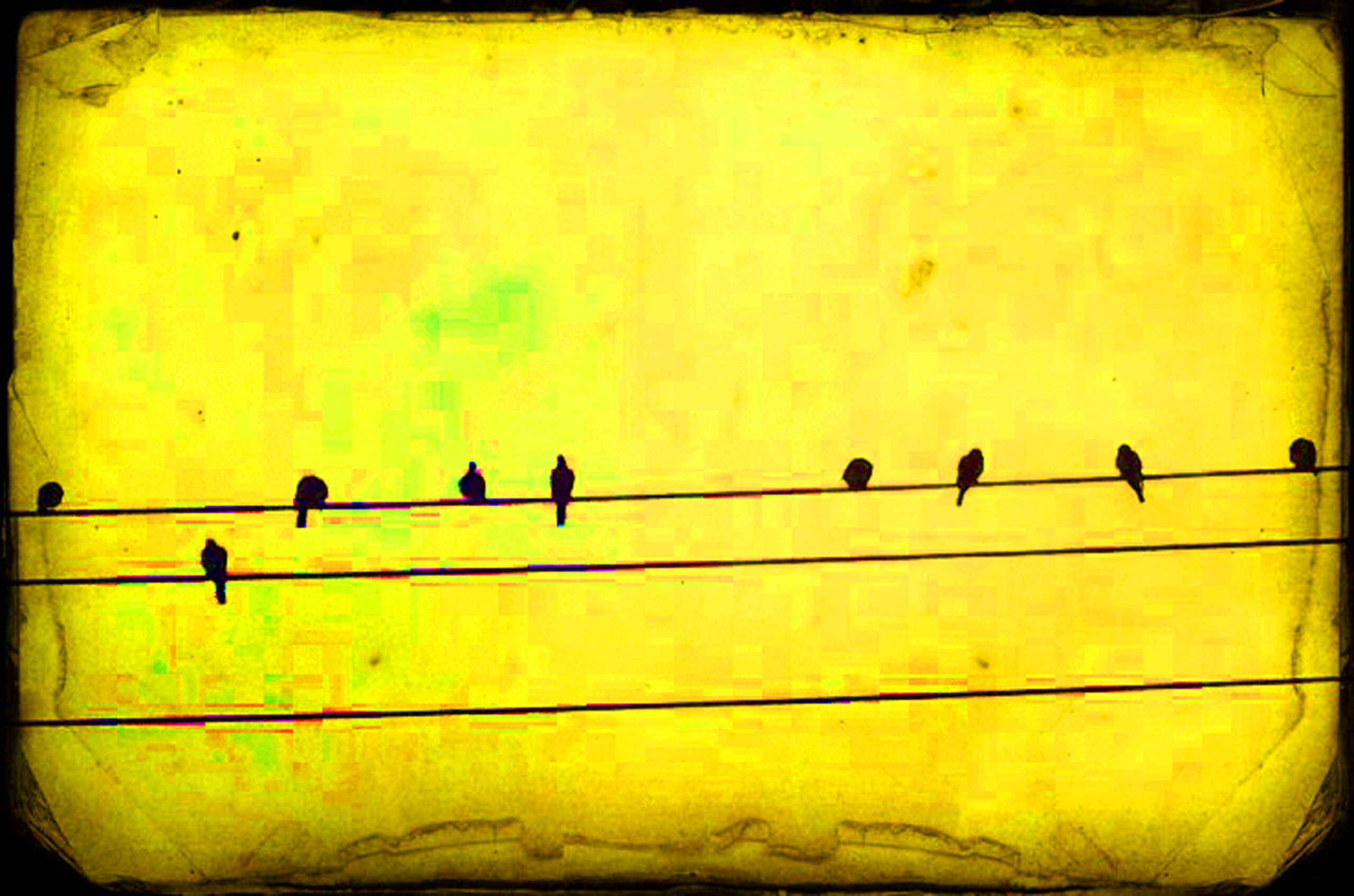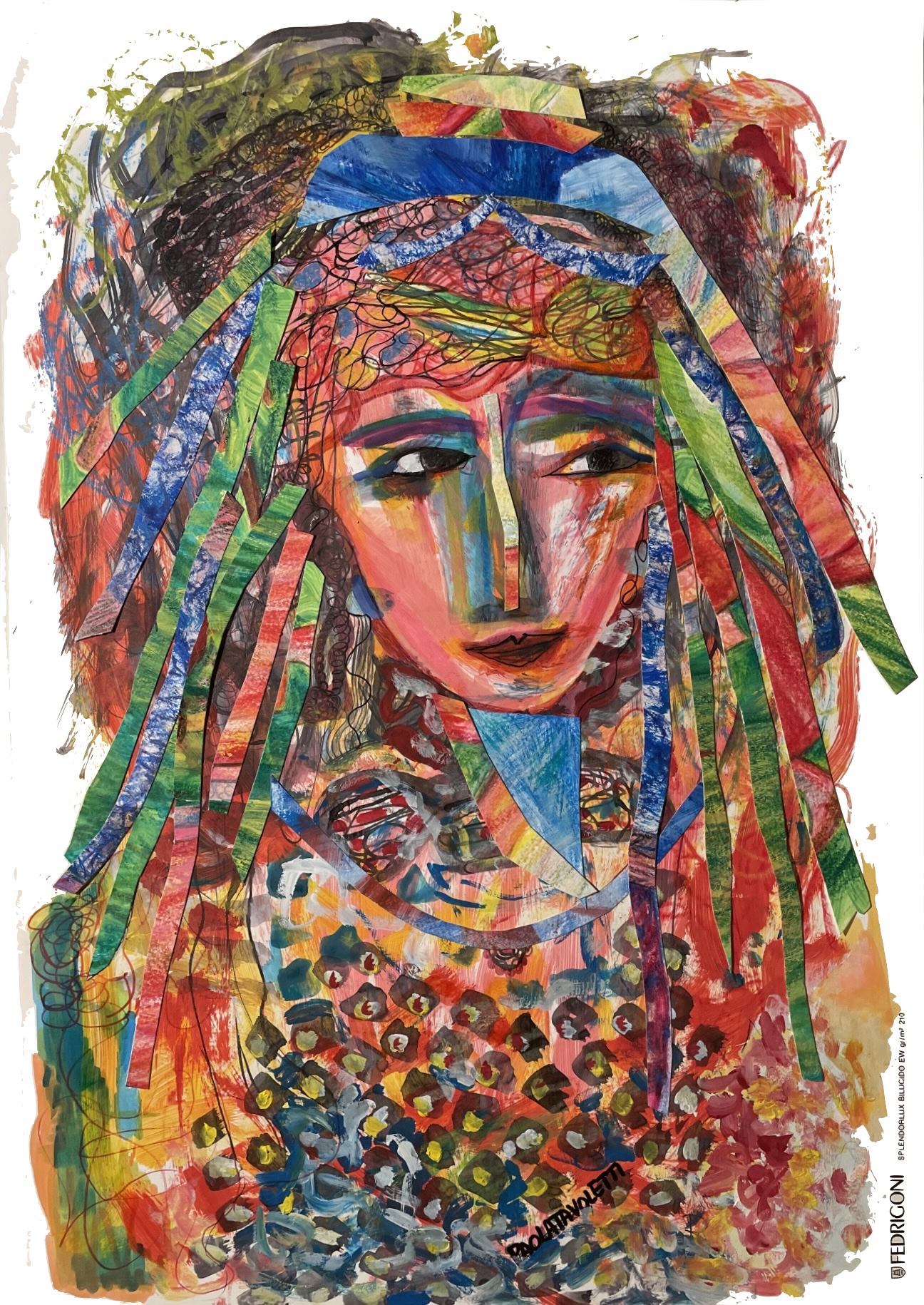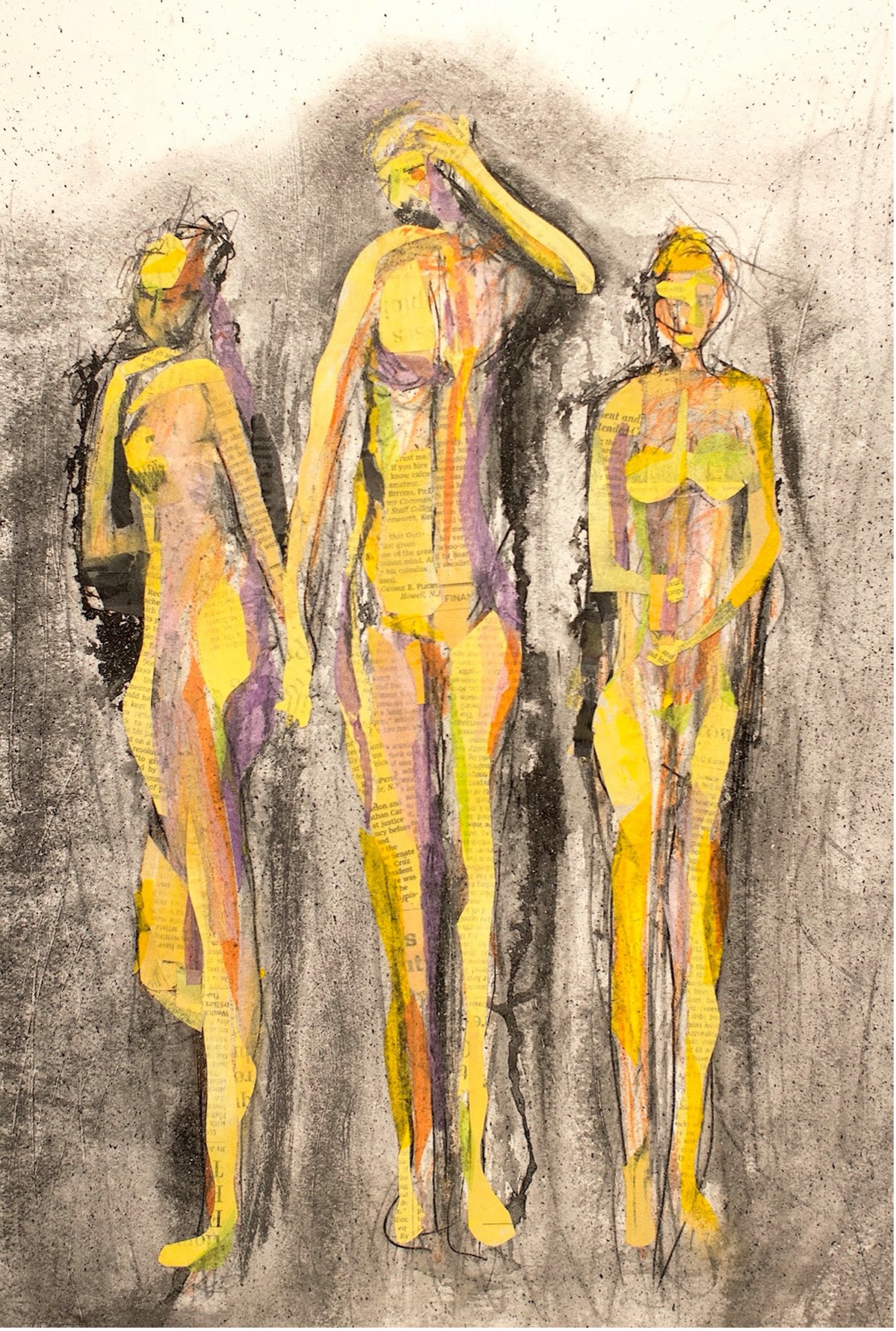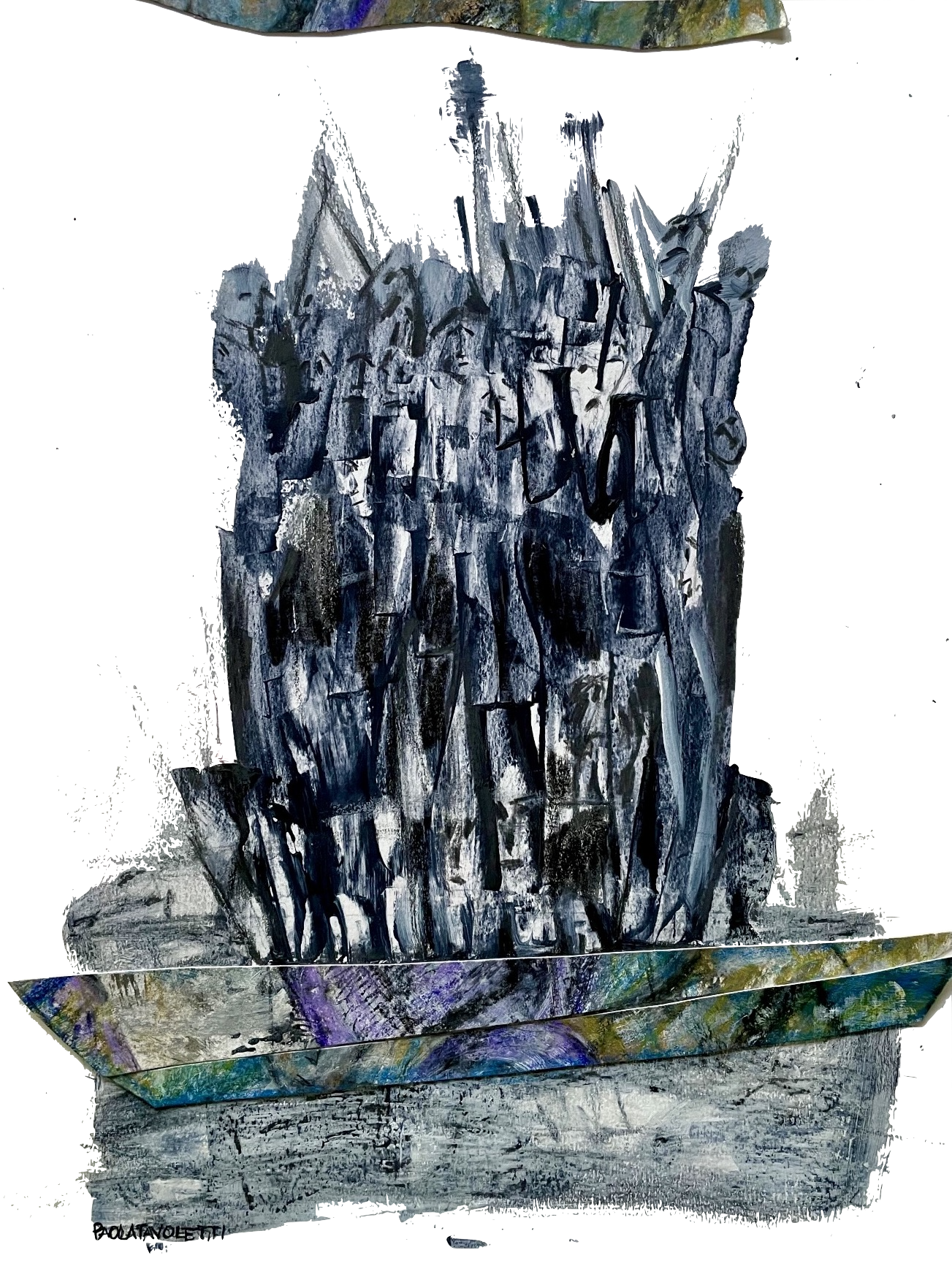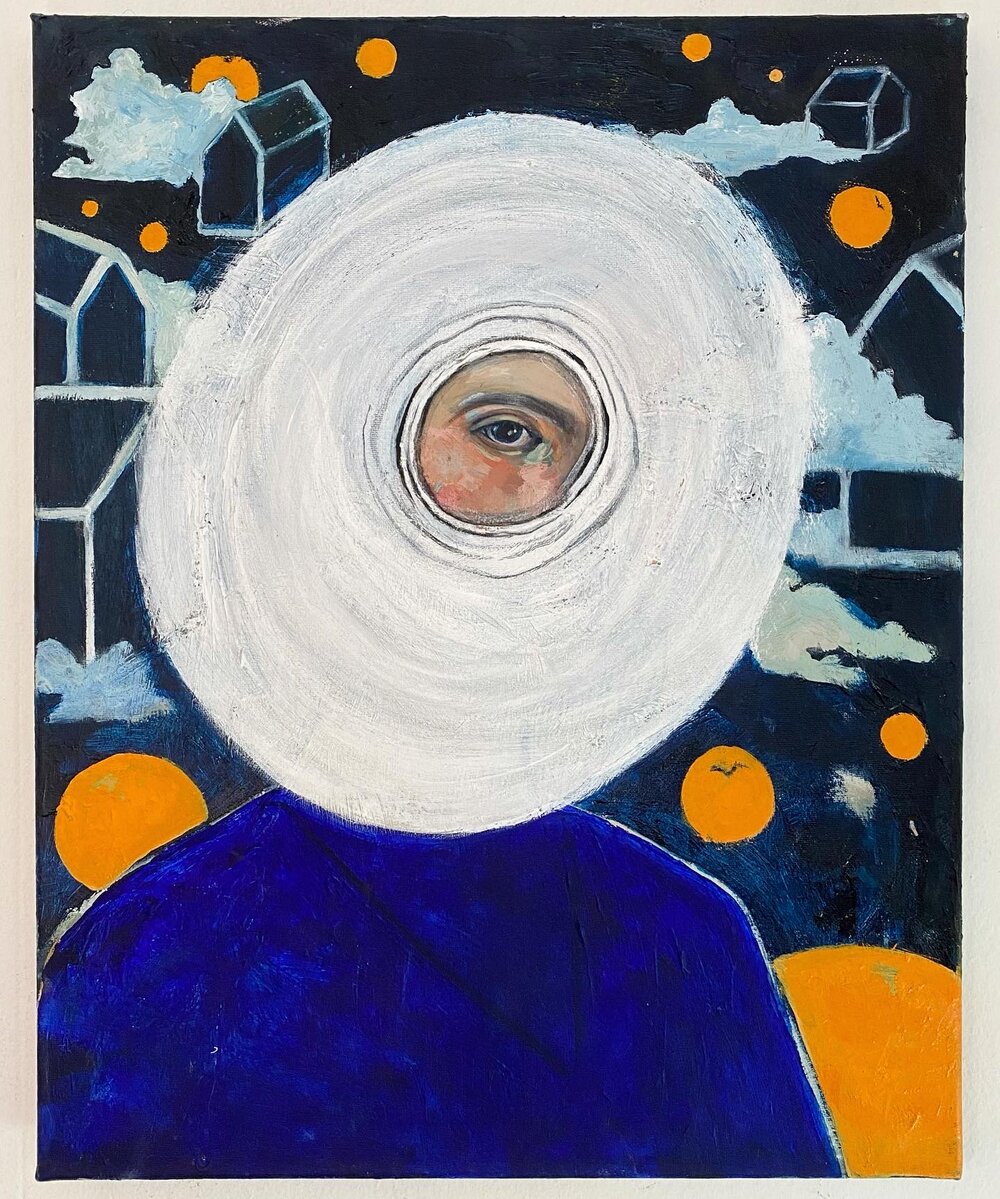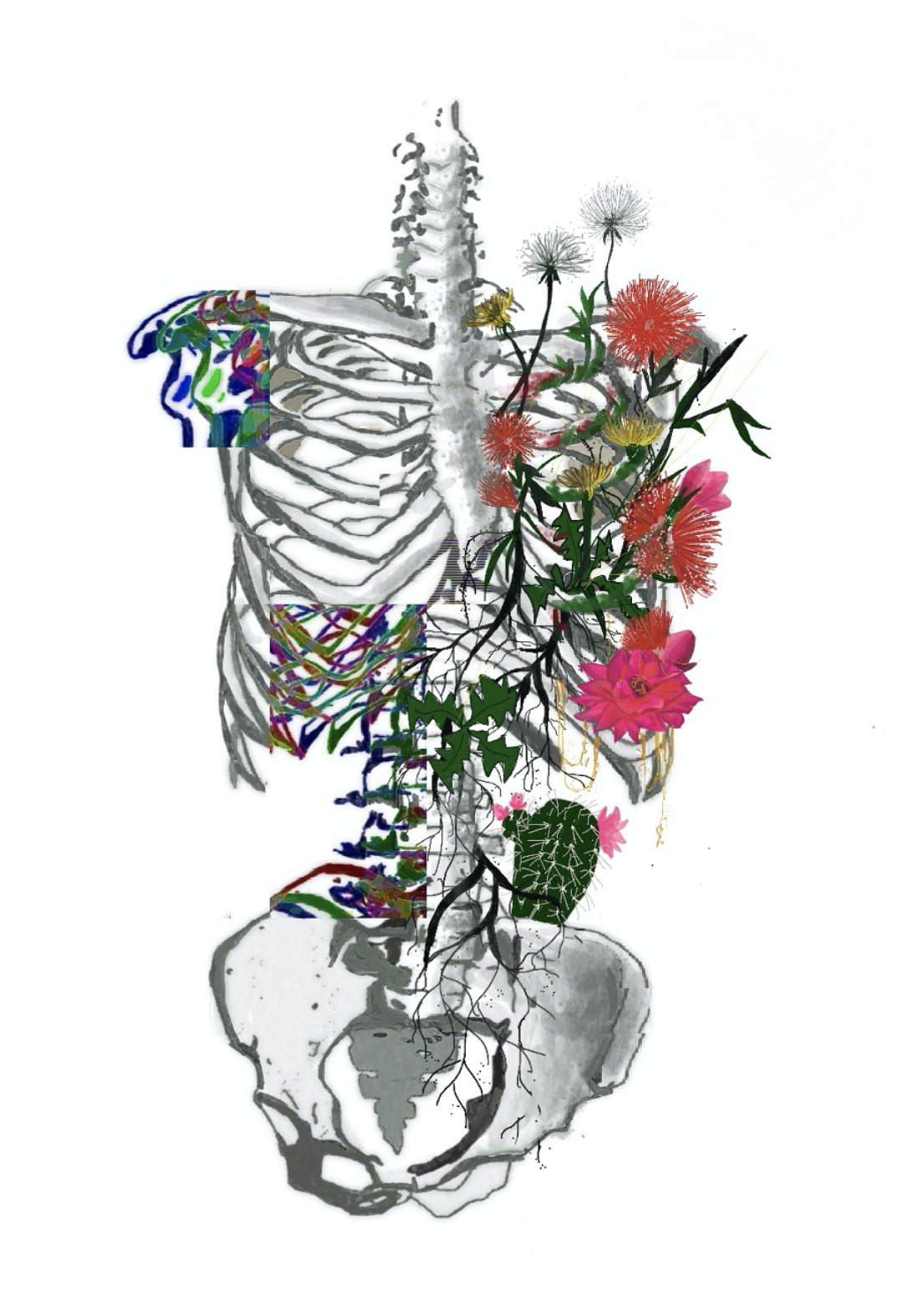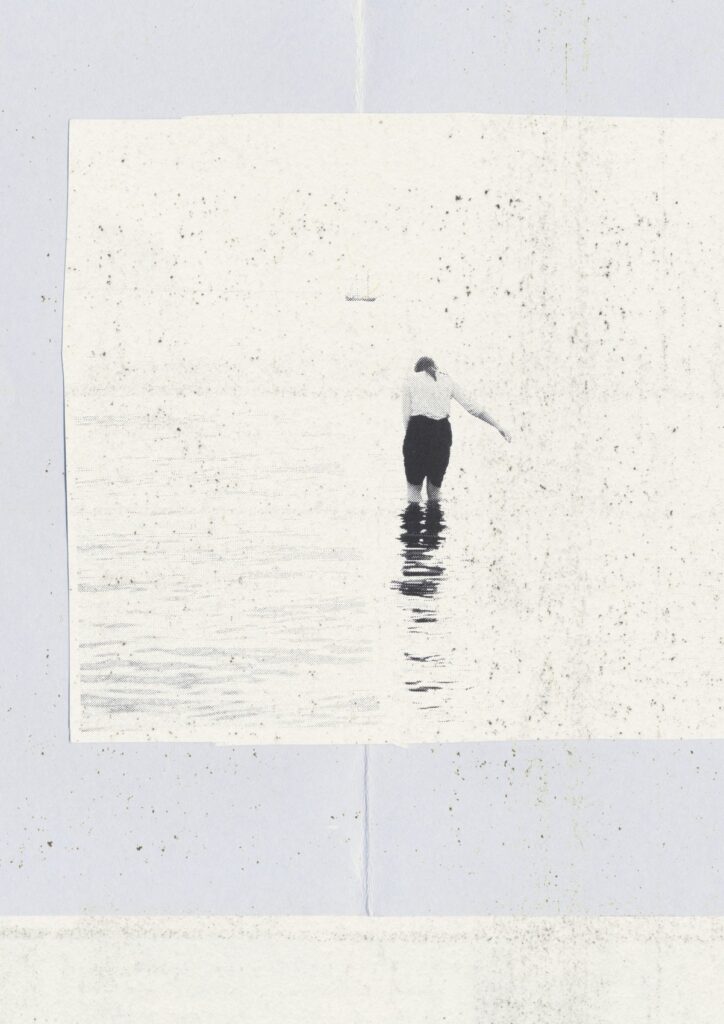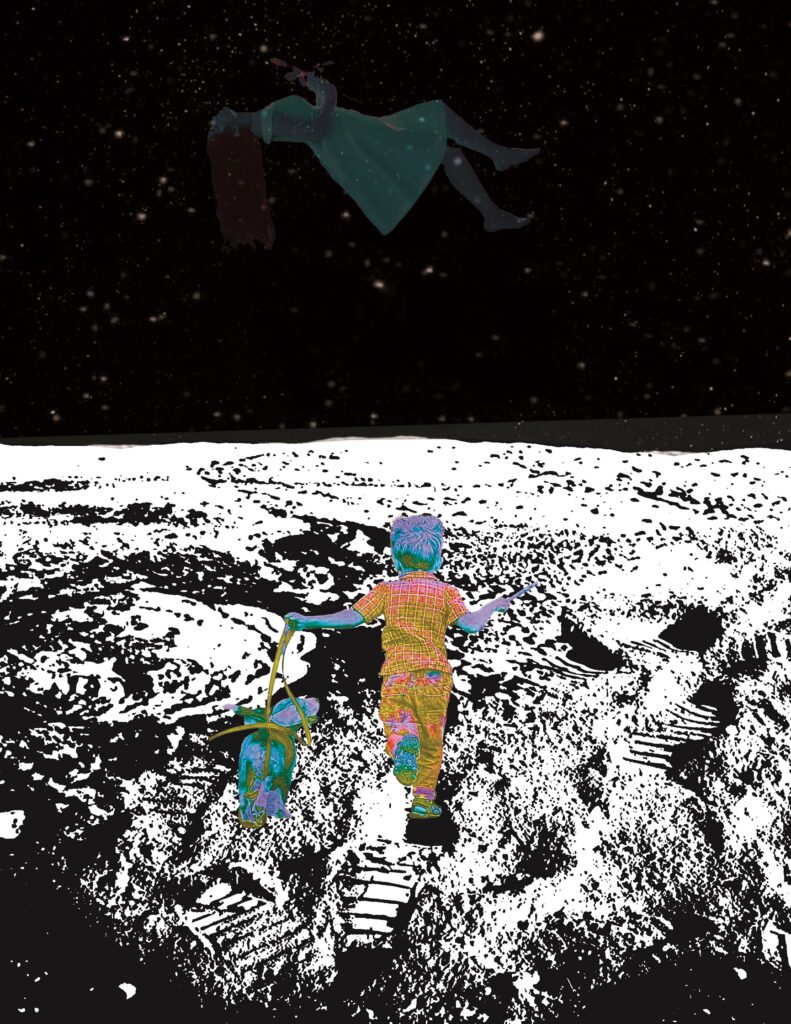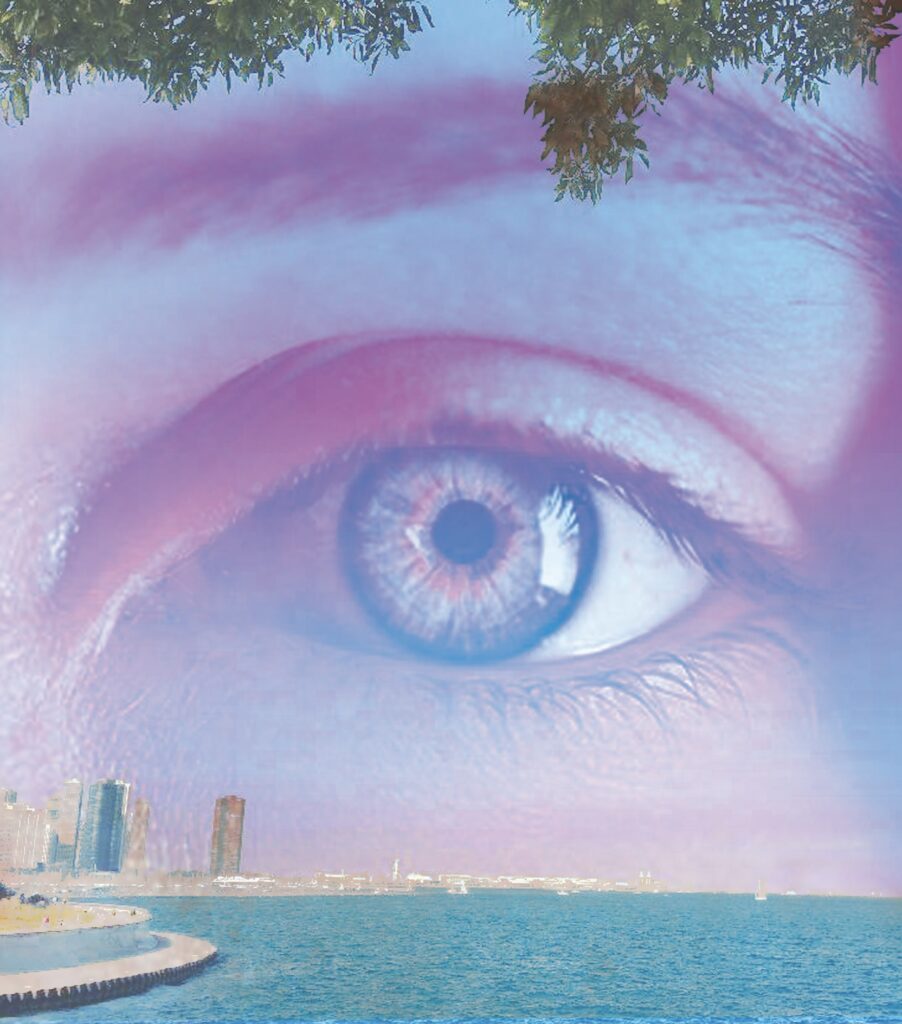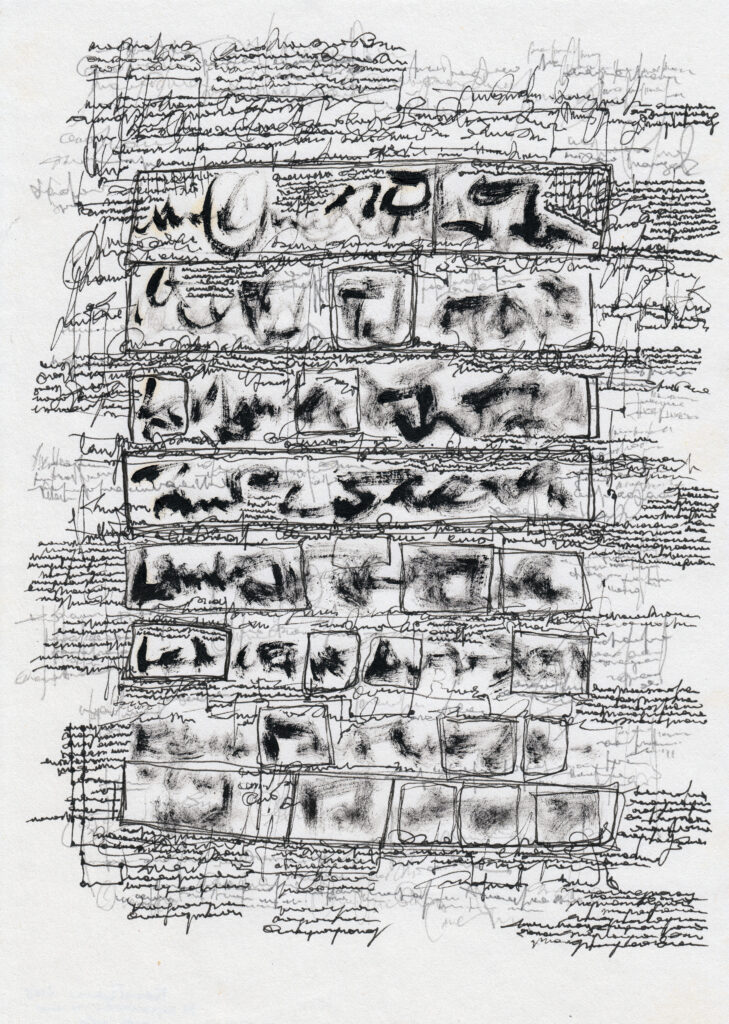Internal Drive
by Max Talley
“Your parents really named you Royal Morgan?” Lola asked as they sped north to Flagstaff on Interstate 17. “Sounds like a kind of rum.”
“Yes, they did, but they pronounced it Roy-al. And my friends—”
“Called you Roy.”
Morgan nodded, then steered around a windswept eighteen-wheeler swerving in and out of their lane. “Your name is pretty special too.”
“Please, please don’t sing the song.” Lola smiled. “But thanks for the ride. I’m wondering though, what about your job?”
“I took two personal days,” Morgan said. “Can swing down to Sedona afterwards, go hiking, clear my mind.”
“So beautiful there. Red rocks, and all those vortexes. I’m kind of jealous.”
“Why Flagstaff?” he asked. “What do you do?”
“I collect broken things I find. Then reassemble them.”
“Oh, like a junk artist?”
Lola sighed. “An environmental artist…”
Morgan had just met the dark-haired, early thirties woman at Compassion Corner, the chapel at Phoenix Sky Harbor. Totally unexpected; neither of them religious, but curious about a church inside an airport. From Barcelona originally. He told Lola Diaz how he planned to move out into the desert or some remote wilderness to live, and that hadn’t scared her off. During their conversation, he offered to take Lola toward her destination in Flagstaff. Morgan was nearly fifty and his job checking claims for Southwestern Insurance would end when the year ended. Downsized. His near future held the training of his replacement. Joyous corporate stuff.
He gazed over at Lola in her remote passenger side world. Her face shifting, calculating.
“You mentioned going off the grid, tossing your phone, shredding credit cards. Cash only.” She stretched her slender arms above her head. “That interests me. It’s brave—”
“Really?”
“—or stupid. Like you’re willing to throw it all away. Travel the back roads you missed while stuck in the business world.” Lola glanced at him then away. “You could teach me things.” Pine-stubbled mountains loomed to their north.
Morgan understood she viewed him like a curious object in a museum, not something buttered or glazed at a movie theater’s concession stand. “The teacher and the ingenue.” Hard to believe he’d ever been the younger man in any scenario.
He turned on the car stereo. A growling female voice brooded over a distorted blues riff, then broke into a shriek, returning to hoarse gravel, before punctuating the phrase with a falsetto yelp.
“You like PJ Harvey?” Lola cricked her neck.
“Sure, why not? I mean, we’re both the same age.”
She stared at the CD player then toward Morgan in disbelief.
He exhaled. “What do you expect me to listen to, Simon and Garfunkel?”
Her face went pouty. “I love them,” she said. “My parents played their songs when I was a child.”
Morgan continued driving while Lola dozed off, curled in the passenger seat amid the September afternoon dazzle of heat. The old Honda Accord’s AC sputtered, unable to cope. He felt dehydrated, dry as a cow skull planted in the high desert.
#
Something about the wide-open stretches of land north of Phoenix reminded him of taking I-70 through western states. In his late-twenties, before both failed marriages, Morgan drove cross-country to California with an older woman. A laughable term now. She was thirty-eight, looking youthful in her boyish haircut and expensive sunglasses. Almost an actress from a French New Wave film, or the cute wife in a Fellini movie—traditional and family-oriented, but also eccentric with secret bedroom kinks. Only when his road partner removed her sunglasses could he read the mileage and worry around her eyes, could he see forty rushing up on her fast.
They had dated for three short weeks in Manhattan when he revealed his mad plan of relocation. In the press of flesh, where common sense surrenders, she agreed to go.
They drove in his Volvo. She didn’t like oncoming headlights blinding her at night, and it took a few hours for her vision to focus in the morning. So he drove. Morgan wanted to stay at basic chain motels; she preferred expensive hotels to luxuriate in hot baths, to draw out the journey and invest romance into weary corners. He chose to eat at Waffle House or an IHOP nearby the interstate. She groused, wanted to sleep late.
They laughed in communal solidarity at pickup truck hunters in flannel shirts and bill caps under the forested canopy of Pennsylvania. They stared puzzled at the three crosses by the side of the road sprouting here and there as they passed through Indiana and Iowa—feeling marooned in an earlier decade. The old Volvo’s cassette player churned out mix tape songs while they lived endless hours of late marital boredom across the corn fields of Kansas and flatlands of Eastern Colorado. Until the Rockies reared up to show their awesome spectacle, brought depth and altitude back into focus.
Late at night in a Limon, Colorado motel, she insisted America would have been better off morally if George Bush had won the 1992 Election and Bill Clinton had remained in Arkansas where he belonged. For the first time in his life, Morgan wished he could go back in time, rewind the mix tape.
Nonetheless, they bonded, finished each other’s sentences, made elaborate, impossible plans for when they reached California, and nestled together on a highway that seemed to stretch out forever. They chased one florid sunset after another—at least until the scenic detour in Utah. Near Moab, a deer sprung out between the massive red rocks canyoning the road. Straight ahead; the impact brutal. Morgan’s only option besides straying into the oncoming lane and suffering a head-on collision with a pickup truck.
An entire life together lived in a single week. After they rerouted north with a dented hood, animal death haunting their silences, she took a plane from Salt Lake City back to her mother’s place in New Jersey. They never met or spoke again. What was her name, Tina? Deena?
#
“Ground control to Royal Morgan.” Lola prodded his upper arm. “You still here?”
“Huh?”
She brushed her long bangs from her eyes. “Thought I lost you on a stretch back there.”
“Just daydreaming,” he said.
“Did you leave them behind?”
Morgan’s neck jerked. Did she know about his past? “Never left anyone behind.”
“I meant your dreams, silly.” Lola squeezed his tensed right shoulder as the sun tucked down low to the west. “You may as well stay over when we get to Flagstaff. Drive south in the morning.” She paused. “You know, on the couch.”
“Yeah, okay, maybe.”
“Great,” Lola said. “Hey, I’m a little short. Do you mind splitting the room?”
“I guess.” Morgan felt a sudden urge to pull over and drop her off in the middle of nowhere. But he didn’t. Morgan would forge ahead to whatever unsatisfying limbo lay beyond.
“Roy-al,” Lola said. “That’s a name I won’t soon forget.”
In a month, Morgan wouldn’t remember her name, and if she recalled him at all, it would be as “some older guy who gave me a ride.” Perhaps a certain value lay in interstitial spaces that led nowhere, rest areas between one’s incessant struggle to thrive, to remind the world that you still existed.
He played with the radio tuner, all static except an annoying country station. Left it on and thought of nothing.
“Something in the road,” Lola shouted. “A coyote, or dog.”
To the right was an embankment and no shoulder. They’d tumble and roll downhill. To the left he saw a massive FedEx double trailer truck advancing toward them—a hundred yards, two hundred yards? Hard to estimate in the heat vapors off the asphalt, the whole thing coming on like a surging death mirage. Or continue straight ahead.
This time, Morgan swerved left. If he could accelerate fast enough then brake on the far side of the lane…
He heard the piercing diesel horn mix with Lola screaming and realized it was good. They were still breathing in that instant, and even that much life felt special, intense to experience. As close as he’d ever cut it just to avoid an animal who’d likely get hit later that day. Would it have changed anything decades ago? Or now?
The car decelerated on hardscrabble terrain beyond the highway. Lola was thrown forward, gasping for air when something rooted in the landscape stopped their juddering motion. Morgan listened to the drawl and twang of heartbreak emanating from the radio. He didn’t want to get out and inspect the front of the Honda. Ever.
Maybe tomorrow, the day after, or a week from Friday, Morgan would reach the point where a person runs out of disappointments, has made every imaginable mistake, and then the good things begin to happen. Inspiration, exhilaration, the sense of unknown love waiting somewhere out there. All possible when you’re alive.
Max Talley was born in New York City and lives in Southern California. His writing has appeared in Vol.1 Brooklyn, Atticus Review, Entropy, Santa Fe Literary Review, and Litro. He won the 2021 best fiction contest in Jerry Jazz Musician for “Celestial Vagabonds” and was recently nominated for a Pushchart Prize for that story. Talley’s curated anthology, Delirium Corridor, debuted last December and his crime thriller, Santa Fe Psychosis, will be published by Dark Edge Press in May 2022. www.maxdevoetalley.com
Art: Motel by Jay Patrick who was born in Georgia, went to school in New York, and lives in California. In addition to photography, painting, and paper-making, he loves eating new kinds of food and all forms of 90s nostalgia.
